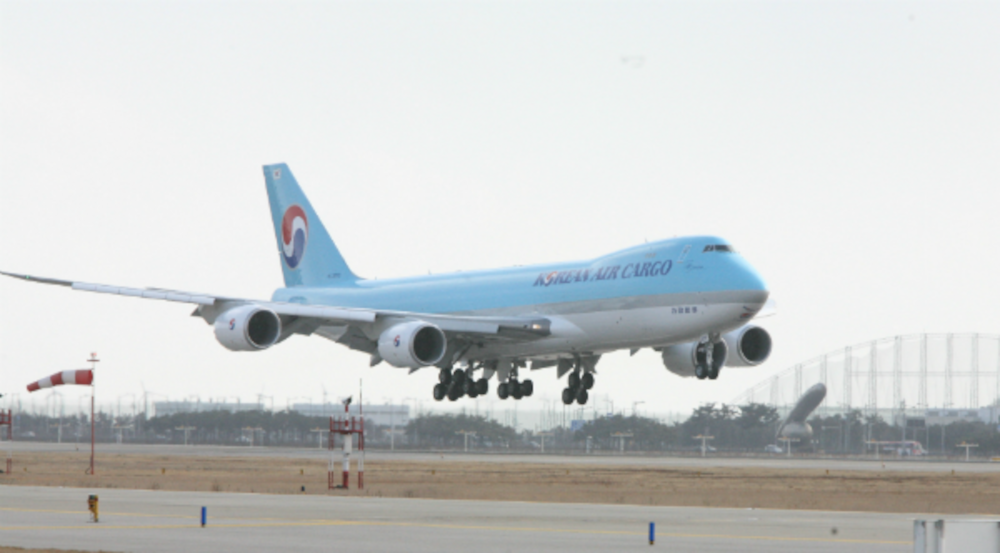
Korean Air remained profitable during the pandemic in part due to its cargo business.
Credit: Korean Air
Korean Air was one of few airlines to maintain profits through the pandemic as it benefited from bumper revenues from its cargo arm. In its most recent earnings, though, the flag carrier noted that quarterly cargo revenue had dropped by almost a third, year on year, due to global economic slowdown...
Subscription Required
This content requires a subscription to one of the Aviation Week Intelligence Network (AWIN) bundles.
Schedule a demo today to find out how you can access this content and similar content related to your area of the global aviation industry.
Already an AWIN subscriber? Login
Did you know? Aviation Week has won top honors multiple times in the Jesse H. Neal National Business Journalism Awards, the business-to-business media equivalent of the Pulitzer Prizes.
